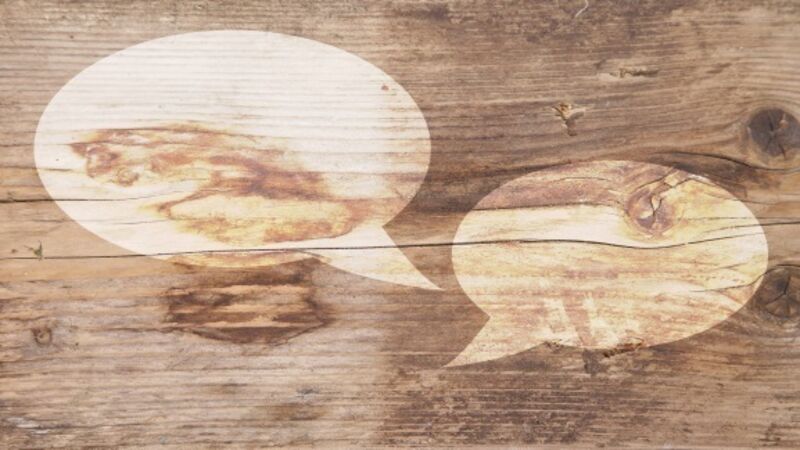The biggest outrage nowadays is to not have an opinion on anything

HIS column is not about abortion, nor about the repeal of the Eighth Amendment to the Constitution. It’s about the freedom to disengage. The right to have no opinion, on that or on any other proposition.
The other day, a radio vox pop was attacked by listeners who claimed that the people interviewed were in a large majority in favour of repeal.

















